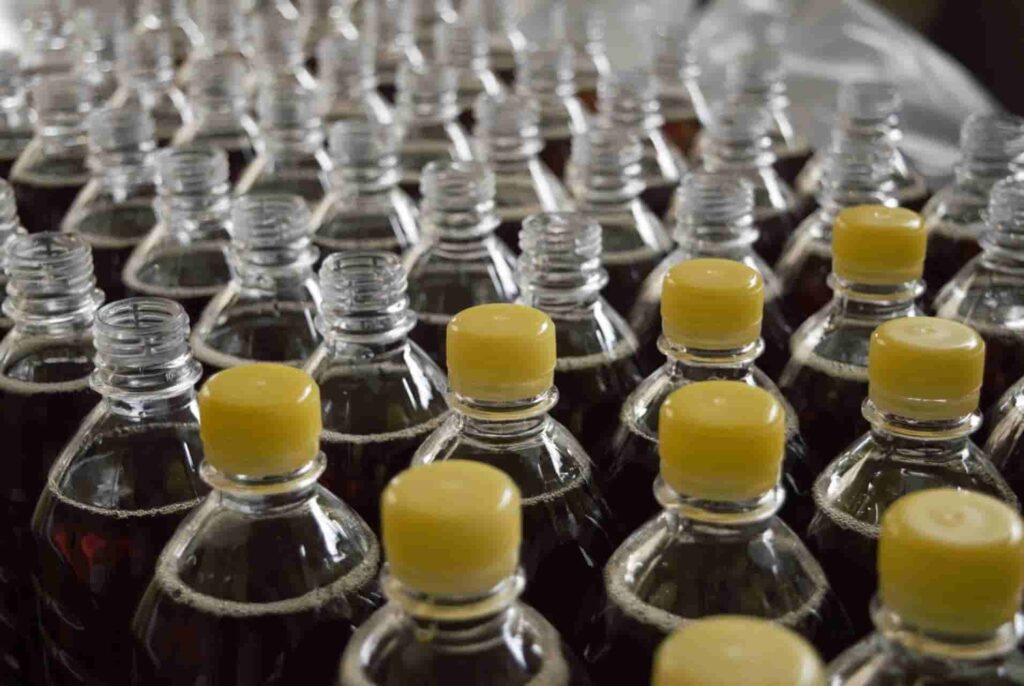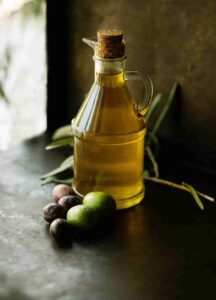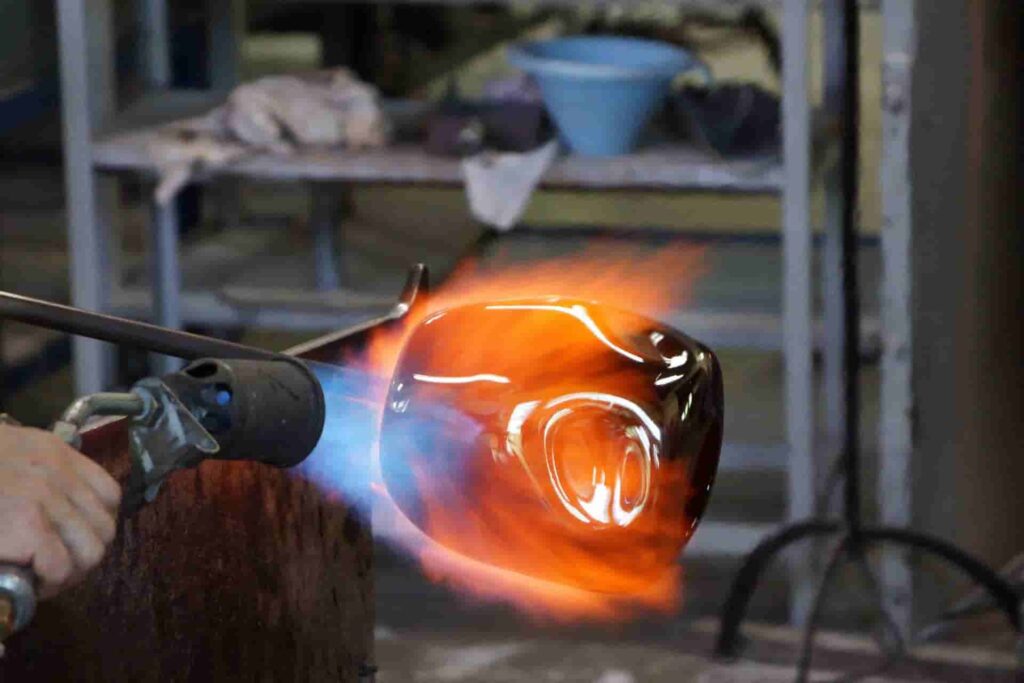Smiles Bottles is a trusted Chinese glass bottle manufacturer specializing in crafting bespoke glass bottles for various applications. Whether you’re a buyer representing a renowned wine or spirits brand or seeking glass bottle wholesale options, understanding the chemical stability of glass bottles is paramount. In this in-depth exploration, we shed light on the significance of chemical stability, how it relates to glassware products, and the factors influencing it. Our focus is on serving the discerning markets of North America, South America, Europe, and the Middle East.
Section 1 The Fundamentals of Chemical Stability
1.1 What is Chemical Stability?
Glass bottle products will be corroded by water, acid, alkali, salt, gas, and other chemical reagent solutions during use. The resistance of glass to these attacks is called chemical stability. The chemical stability of glassware products is mainly reflected in the corrosion of water to glass and the corrosion of atmosphere to glass. In the production of domestic glass bottles and vessels, some small factories sometimes think that to reduce the melting temperature of glass, increasing the Na2O content in the chemical composition of glass or reducing the SiO2 content will reduce the chemical stability of the glass.
1.2 The “Alkali Return” Phenomenon
Glassware products with poor chemical stability are stored in a humid environment for a long time, which leads to hair on the surface of the product and loss of the luster and transparency of the glass itself. This phenomenon is often referred to as “alkali return” in the factory, and the reason is that the chemical stability of the glass against water decreases. This should be paid enough attention to. Do not excessively seek to reduce the melting temperature and increase the Na2O content. Some fluxes should be introduced properly or the chemical composition should be adjusted to reduce the melting temperature, otherwise, it will cause serious quality problems for the products. Sometimes, due to the poor chemical stability, it seems that there is no “alkali return” at that time, but after the export to some countries with high air humidity, the “alkali return” will cause large economic losses. Therefore, the chemical stability of glass should be fully understood in glass production.

Section 2 The Chemistry Behind Glass Stability
Understanding the chemical foundations of glass stability is essential to appreciate the remarkable resilience of glass bottles. In this section, we delve into the chemistry that underpins glass stability and its significance in the production of high-quality glassware.

2.1 The Inherent Strength of Glass
Glass is, at its core, an inorganic non-metallic material composed primarily of silicates, alkali metal oxides, and alkaline earth metal oxides. This unique composition gives glass its inherent strength and remarkable resistance to chemical attacks. Let’s explore this in detail:
▶ Silicon Oxide Tetrahedrons: Glass’s structure resembles an irregular three-dimensional grid in which silicon oxide tetrahedrons are interconnected through shared oxygen atoms. This intricate structure imparts stability and integrity to the glass.
▶ High-Temperature Tolerance: One of the most impressive features of glass is its ability to withstand high temperatures without losing its form. This property makes glass a suitable choice for various applications, especially when compared to other materials that might deform or melt under heat.
▶ Resistance to Acids and Alkalis: Glass demonstrates exceptional resistance to attacks from strong acids and alkalis, further emphasizing its chemical stability. This is particularly important for preserving the integrity of substances stored in glass bottles, such as wines and spirits.
2.2 Surface Reactions
While glass’s structural integrity and inherent stability are impressive, it’s important to acknowledge that its surface can interact with other substances. This surface chemistry has implications for the products stored within glass bottles. Here’s a closer look at these interactions:
▶ Hydroxyl Groups (OH): Glass surfaces contain hydroxyl groups (OH) that can interact with various organic and inorganic substances. These interactions can lead to the penetration or release of these substances from the glass. As a result, the chemical stability of the glass’s surface is of utmost importance to prevent any unintended reactions with the stored products.
▶ Preserving Product Quality: Understanding these surface interactions is crucial, particularly for industries like wine and spirits. For example, preserving the purity and flavor of the contents in glass bottles is contingent on maintaining the chemical stability of the glass’s surface.

Section 3 Smiles Bottles' Glass Manufacturing and Quality Control
3.1 Glass Manufacturing Processes
As a premier Chinese glass bottle manufacturer, Smiles Bottles employs state-of-the-art manufacturing processes that prioritize both efficiency and product quality. Here’s an overview of their manufacturing practices and their role in ensuring the chemical stability of their glass bottles:
▶ High-Quality Raw Materials: Smiles Bottles is dedicated to selecting the finest raw materials available. These materials adhere to stringent industry standards and are chosen for their compatibility with the desired chemical stability of the end product. The quality of the initial ingredients is a crucial factor in the glass manufacturing process.
▶ Precise Temperature Control: Temperature control throughout the production line is meticulously managed. This aspect is pivotal for preventing defects in glass bottles. Proper temperature control aids in maintaining the structural integrity of the glass, reducing the likelihood of stress or fragile areas that can compromise chemical stability. Smiles Bottles pays special attention to this aspect to produce glassware that stands up to various environmental challenges.

3.2 Quality Control Measures
Smiles Bottles has implemented rigorous quality control measures to meet the demands of their discerning clientele and ensure the chemical stability of their glass bottles. Here’s how they maintain the high standards expected by buyers:
▶ Stringent Testing Protocols: Smiles Bottles conducts comprehensive quality tests at different stages of the manufacturing process. These tests are designed to assess the chemical stability of the glass, its structural integrity, and other critical attributes. Only products that meet or exceed their exacting quality standards are deemed suitable for sale.
▶ Inspection for Stress and Defects: An essential part of their quality control process involves inspecting each glass bottle for signs of stress, fragility, or defects. Bottles that show any structural weaknesses are identified and set aside to prevent their distribution to clients. This proactive approach ensures that the chemical stability of the glass remains uncompromised.
▶ Ongoing Training and Expertise: Smiles Bottles strongly emphasizes continuous staff training and expertise development. Their team is well-versed in identifying quality issues and ensuring that glass bottles meet the stringent requirements of buyers, particularly those in the wine and spirits industries.
Conclusion
In conclusion, Smiles Bottles, the leading Chinese glass bottle manufacturer, is committed to delivering exceptional glassware products to meet the exacting standards of our clients. For buyers of prestigious wine and spirit brands seeking glass bottle wholesale solutions, understanding the chemical stability of glass bottles is pivotal. By grasping the fundamentals of chemical stability, appreciating the science behind glass resilience, and acknowledging the factors affecting it, we can provide you with the high-quality glass bottles you require for your esteemed products. As we navigate the intricacies of the glass manufacturing process and address environmental influences, we emphasize the importance of proactive measures to enhance chemical stability, ensuring the integrity and stability of the products stored within. Smiles Bottles remains your trusted partner in delivering the finest glass bottles to the markets of North America, South America, Europe, and the Middle East.










